Raspberry Pi Tricorder: The Next Generation
Scotty would be proud of this level of engineering
What is it about Raspberry Pi and homebrew electronics projects that seems to attract the Star Trek fans? We couldn’t possibly say, but this awesome tricorder project from Chris "directive0" Barrett is the second we’ve seen this week, so there could be a whole universe of them out there.
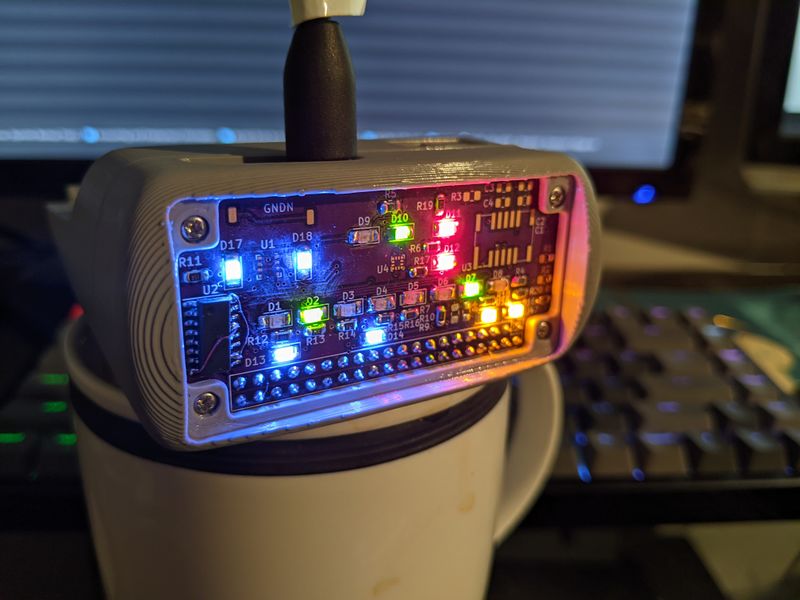
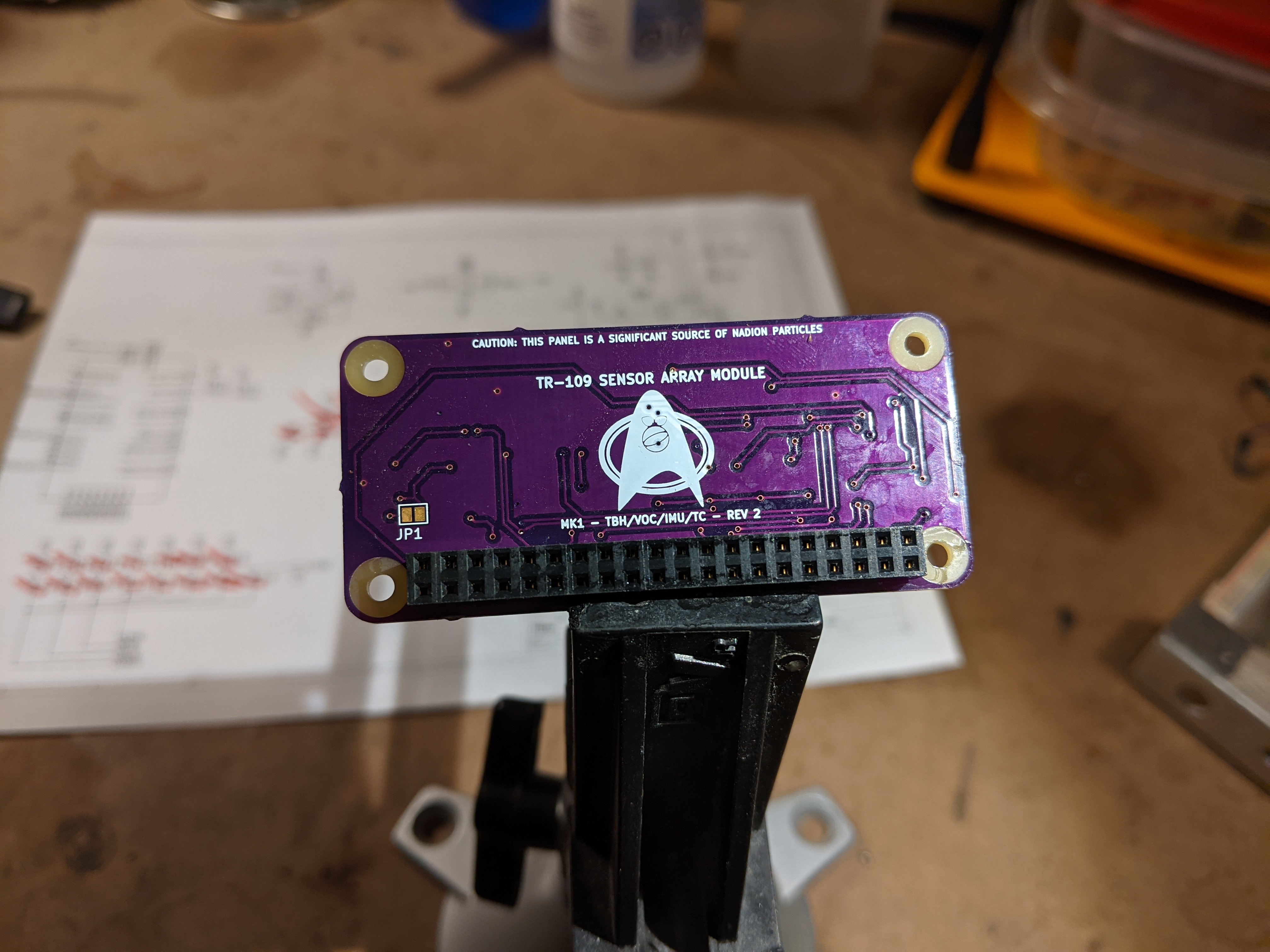
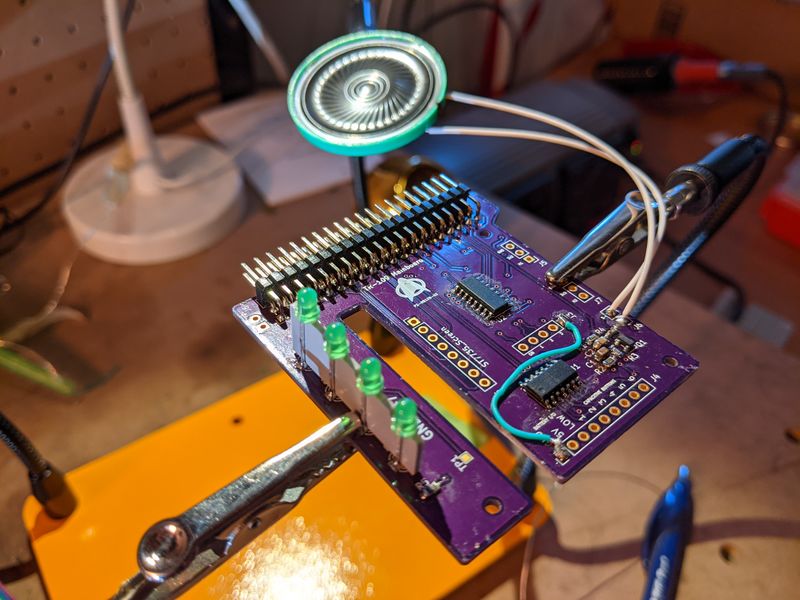
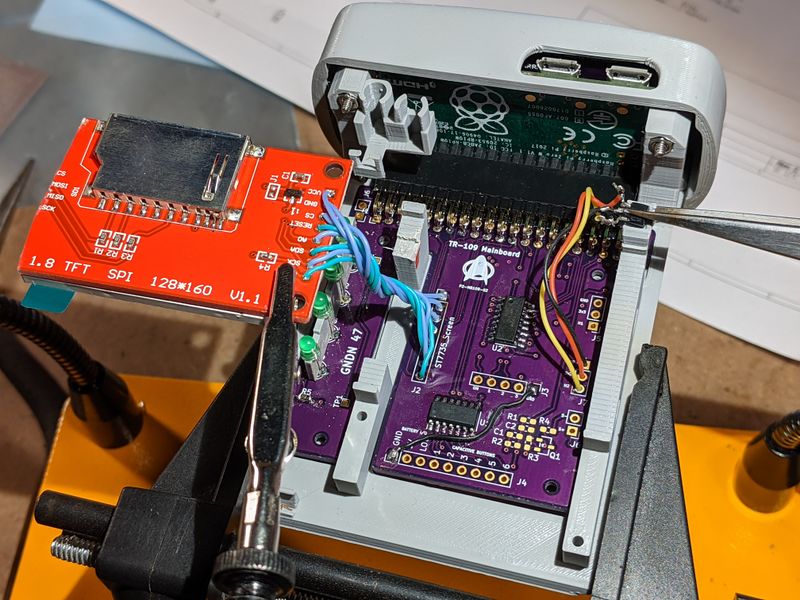
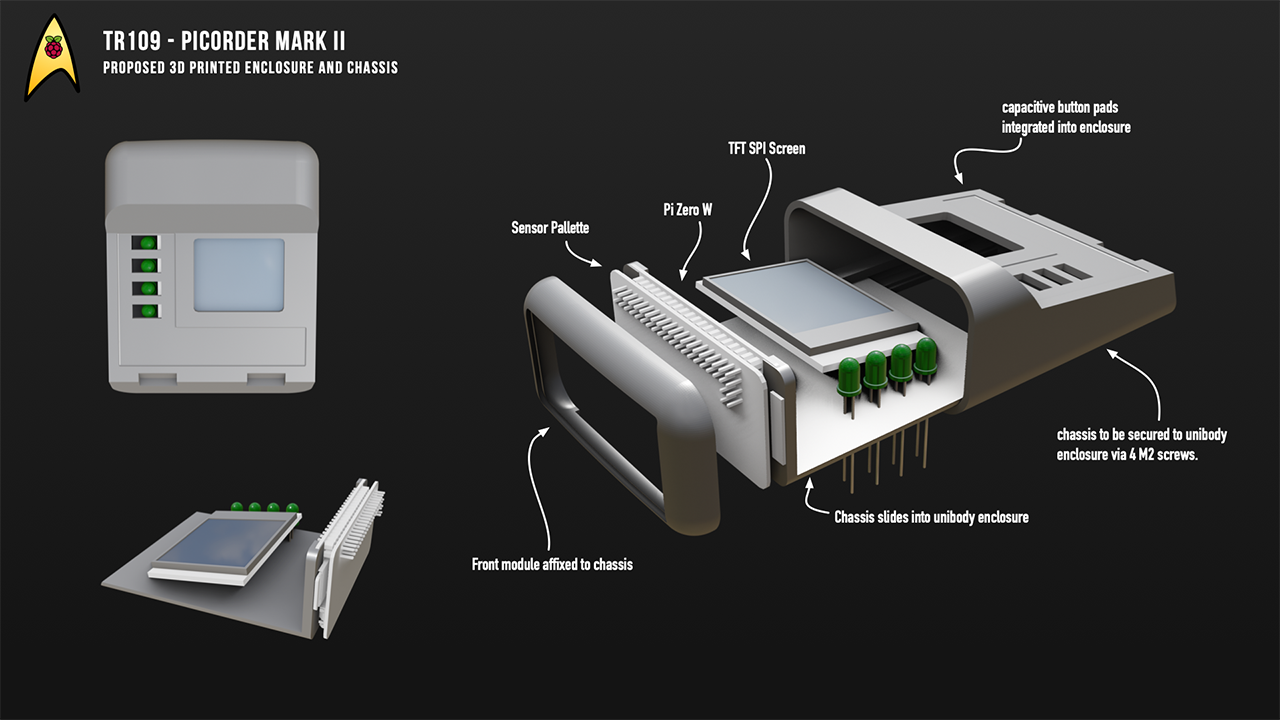
Barrett’s design is actually the second one he’s produced, and he’s been working on it since January 2018. It blends a custom mainboard PCB, complete with Starfleet delta, with a Raspberry Pi Zero W and top mounted sensor board with LEDs set to mimic the onscreen prop. The tricorder's sensors are able to sense temperature, humidity, air pressure and VOC gas sensing unit for passive environmental readings, plus a non-contact thermometer and a small IR thermal camera for measuring temperature at range. Barrett hopes to add another gas-detecting sensor too, this time for picking up traces of carbon monoxide, nitrogen dioxide, hydrogen, ammonia, methane, propane, and iso-butane in the atmosphere.
The shell is 3D printed, and modelled on the flip-open TR-590 Mark VI Tricorder seen in Star Trek the Next Generation that looks a bit like a Game Boy Advance SP on growth hormones (though it looks more like the TR-580 Tricorder VII in service between 2366 and 2372 to us). Custom-printed stickers supply the necessary Star Trek aesthetic.
The newest design of the mainboard includes capacitive touchscreen compatibility, and a shift register to drive the LED lighting, plus a single transistor audio amplifier. A simple LCD display provides visual output. The custom PCB requires further revisions, so the Tricorder isn’t fully functional yet. PicorderOS, a Python library, runs the show, unifying the different modules under a custom user interface. You can read about the whole ingenious project on Barrett’s wiki.
Get Tom's Hardware's best news and in-depth reviews, straight to your inbox.

Ian Evenden is a UK-based news writer for Tom’s Hardware US. He’ll write about anything, but stories about Raspberry Pi and DIY robots seem to find their way to him.